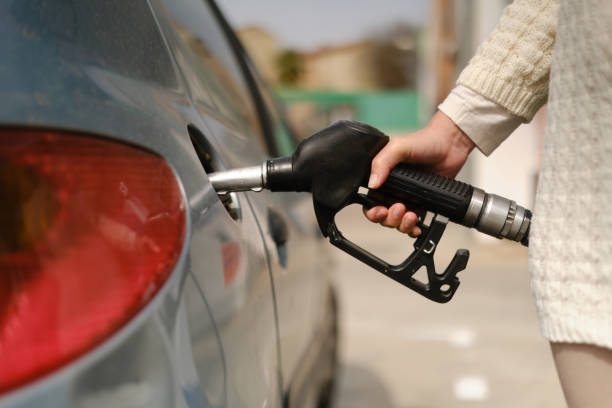
The EU has voted to approve a bill that essentially bans the sale of petrol and diesel vehicles going forward. With 340 votes to 279, with 21 abstentions, the Strasbourg Parliament has approved this impending environmental measure.
By 2035, emissions from 2021 levels must be reduced by 100% in order for vehicles to be sold in Europe, meaning that all new cars and vans must be CO2-emission-free.
These new rules do not affect existing cars. Cars bought now can be driven until the end of their lifespan. However, as the average lifespan of a car is 15 years, collectively, we have to start (in 2035) to aim for all cars to be CO2-neutral by 2050.
With many in favour of the new bill’s ambitious targets for an emissions-free future, the rule changes did not go unnoticed, with many claiming that the automotive industry was not prepared and that thousands of jobs would be lost across the EU.
Transport has long been a major contributor of greenhouse gases to the environment. The transportation sector is the only industry where greenhouse gas emissions increased by 33.5% between 1990 and 2019.
It is no shock that the earth’s warming is a direct result of human activities, and the transport sector is a major contributor of greenhouse gases. This bill is a positive step in the right direction to reduce our carbon emissions. The current cost of living crisis adds fuel to the notion that running an electric car is more expensive.
However, the opposite is true; electric vehicles require less maintenance, and electricity prices are lower than petrol prices. The initial cost of an electric car is expensive, but an electric car has an equivalent or lower total cost of ownership than a gasoline or diesel vehicle.
While this act is essential in order for us to cut our dependence on petrol and diesel, there is the issue of the practicality of the electric car, as it may only benefit people in cities.
Manufacturers are working to improve electric cars, focusing on adding more distance and adjusting the efficiency so they don’t need to charge as often, and the EU parliament have agreed to add more electric charging and hydrogen refuelling stations throughout Europe.
With governments across Europe intending to be carbon neutral by 2050, these new directives should encourage more competition and entice manufacturers to invest in research and innovation in electric vehicles, which should drive the purchase price down.
As energy prices rise and more environmentally friendly traffic laws become the norm, buyers are moving away from CO2-emitting vehicles, with about 12 percent of new cars sold in the European Union now being electric.
With the Irish government’s goal of implementing this measure in 2030, several parties, such as Sinn Féin, call for more investment in public transport services.
While this act presents its challenges, it is vital we cut down carbon dioxide emissions in order to tackle atmospheric pollution.
Mollie Patel
Image Credit: Getty Images



